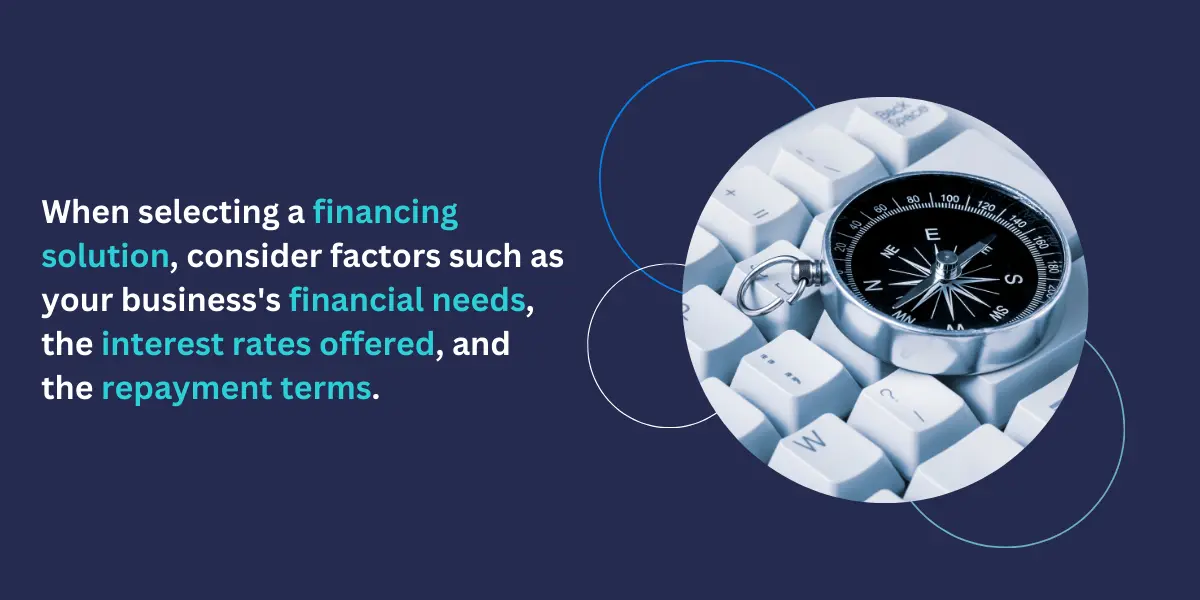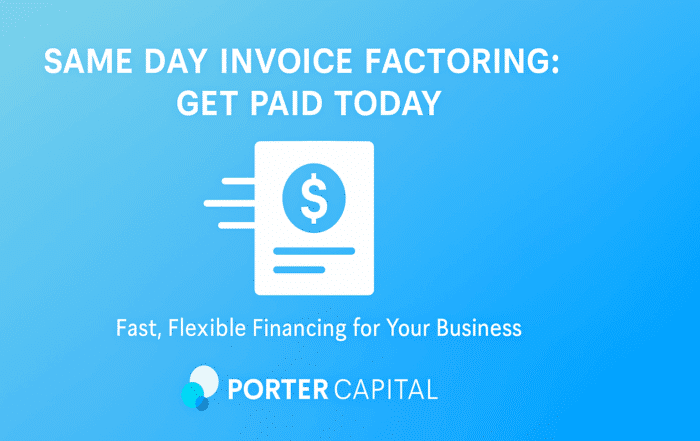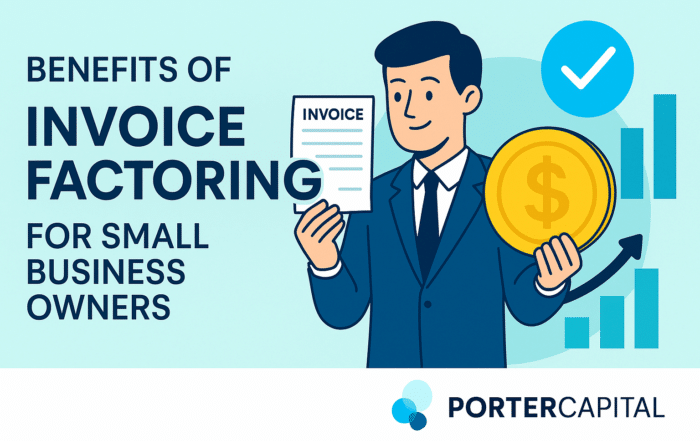Reading Time: 4 minutes
Last updated: January 17, 2025
Understanding B2B financing
B2B financing refers to obtaining funding specifically designed to help a business fund its operations, manage cash flow, and support growth. Unlike consumer financing, which is directed towards individuals, or B2C financing, which is for businesses that sell to consumers, this type of financing is specifically for businesses that sell to other businesses. Understanding B2B financing involves knowing how to secure loans or credit lines specifically tailored for business needs.
Importance of B2B financing for businesses
B2B financing is crucial for businesses as it ensures smooth operations and growth. Here’s why it matters:
- Cash Flow: Allows businesses to maintain steady cash flow for daily operations and growth initiatives.
- Expansion: Enables businesses to seize growth opportunities, expand operations, and enter new markets.
- Relationships: Helps strengthen relationships with suppliers, customers, and other business partners by ensuring timely payments.
- Risk Management: Mitigates financial risks and uncertainties by providing a buffer during economic downturns or unexpected expenses.
Different types of B2B financing options
Some common options for B2B financing include:
- Traditional bank loans: These are loans offered by banks that need to be paid back with interest over a set period.
- Asset-based lending: This type of financing uses the company’s assets, like inventory or accounts receivable, as collateral for a loan.
- Invoice factoring: In this option, a business sells its accounts receivable to a financing partner at a discount to gain immediate cash.
- Trade credit: This option involves suppliers allowing the business to buy now and pay later, often with interest.
- Peer-to-peer lending: Through online platforms, businesses can borrow from individual investors rather than traditional financial institutions.
The best choice for your business will depend on factors such as your creditworthiness, cash flow needs, and risk tolerance.
Best practices for utilizing B2B financing
Utilizing B2B financing can provide your business with numerous benefits. Here are some best practices to help you make the most of this financial strategy:
- Understand your business needs and financial goals.
- Research and compare different financing options to find the most suitable for your business.
- Establish clear communication with your financing provider to ensure transparency and alignment of objectives.
- Develop a detailed plan on how you will utilize the financing to enhance your business operations.
- Regularly evaluate and track the impact of the financing on your business to make informed financial decisions.
How to choose the right B2B financing solution
When selecting a financing solution, consider factors such as your business’s financial needs, the interest rates offered, and the repayment terms. Ensure the financing option aligns with your business goals and cash flow requirements. Here are some steps to help you choose the right financing solution:
- Evaluate your business’s cash flow and financial stability before deciding on a financing option.
- Compare the interest rates and fees associated with each financing solution to find the most cost-effective one.
- Consider the repayment terms and flexibility offered by different financing providers to ensure they match your business’s financial capabilities.
- Look for financing options that provide quick access to funds to meet your business’s immediate financial needs.
- Seek advice from financial advisors or industry experts to make an informed decision that benefits your business in the long run.
Tips for a successful B2B financing application
Before applying for B2B financing, make sure your business financial records are accurate and up-to-date. Lenders often request details like profit and loss statements, balance sheets, and cash flow projections. Check your credit score to ensure it’s in good standing, as it can impact your financing application. Be prepared to explain how you plan to use the financing and how it will benefit your business. It’s important to shop around and compare different lenders to find the best terms and rates for your B2B financing needs.
When considering accounts receivable financing or invoice factoring, the application requirements may differ from traditional financing methods. This type of financing places a stronger emphasis on the creditworthiness of your customers rather than your business’s credit history. As a result, businesses with less-than-perfect credit can still access funding, provided their customers have good credit and reliable payment histories. This shift in focus allows companies to leverage their outstanding invoices to secure immediate funding, helping to smooth out operations and support growth without being hampered by credit limitations.
Discuss financing options with Porter Capital
If you or your business needs help making an informed decision on financing options, we’d welcome the opportunity to review potential solutions. One of the Porter Capital team members can walk you through the process and ensure all of your questions are answered. Apply now for same-day financing for your company, or call 1-888-865-7678 to learn more.




